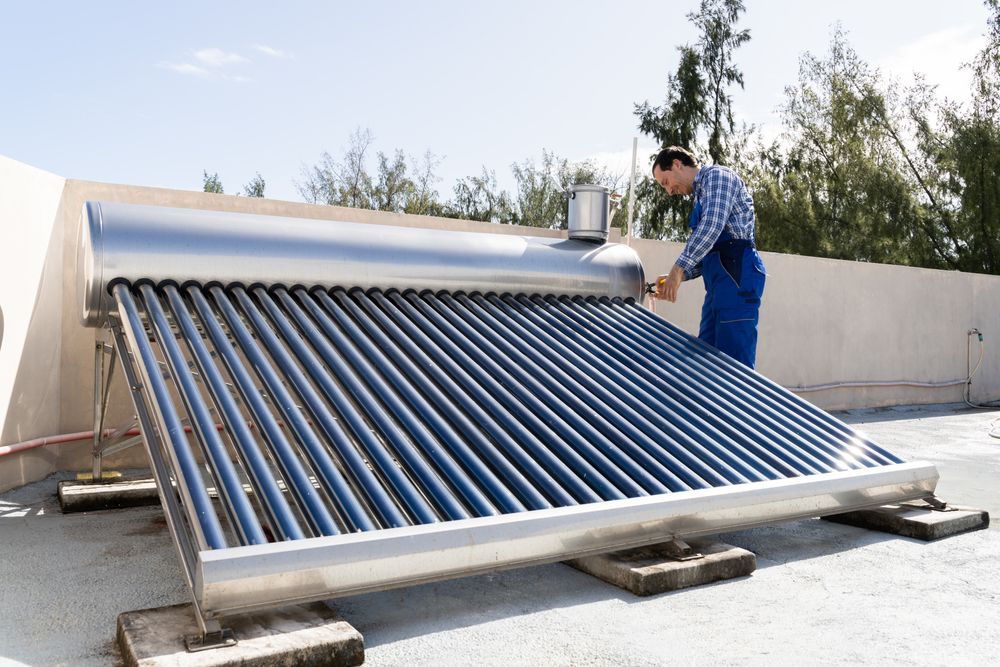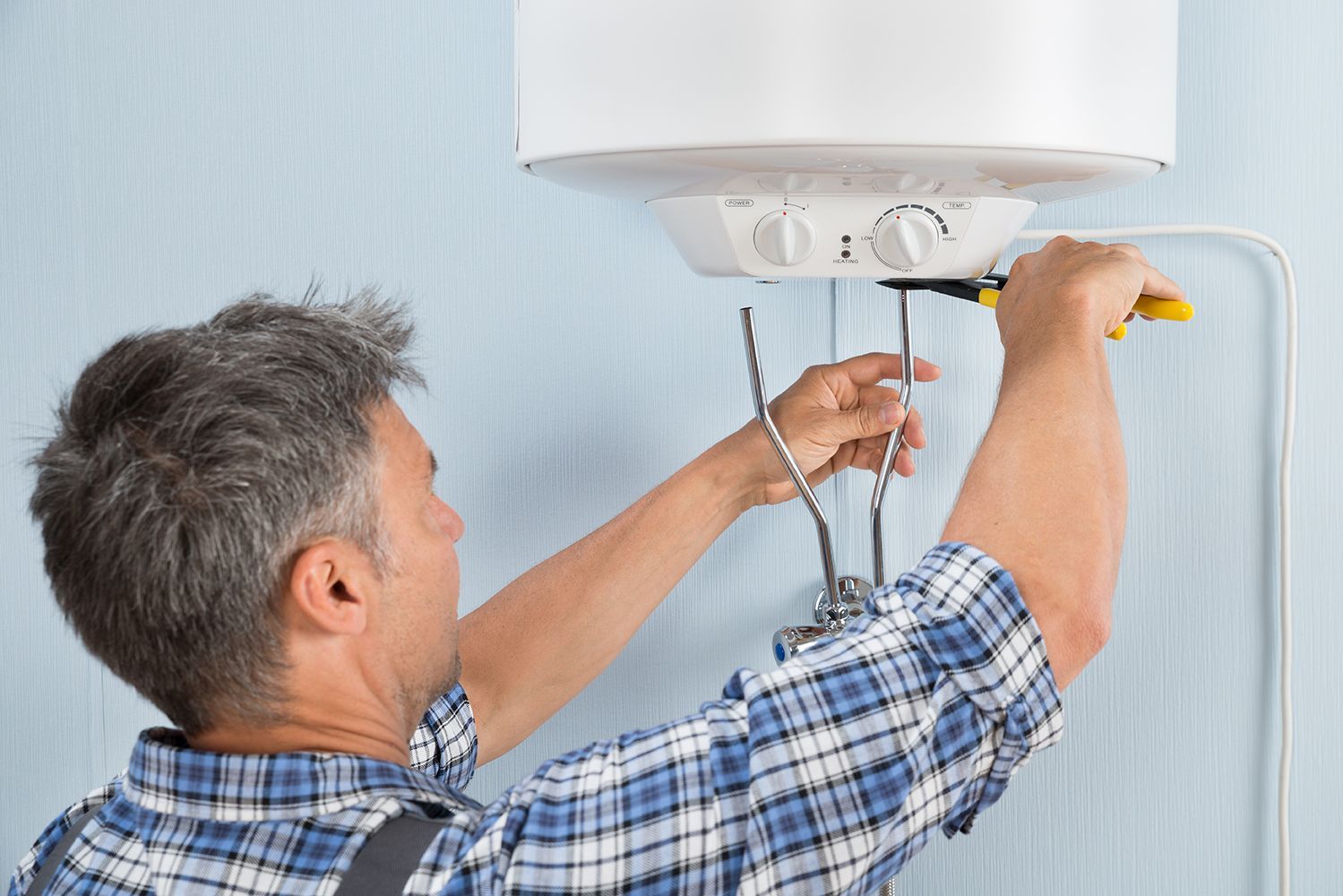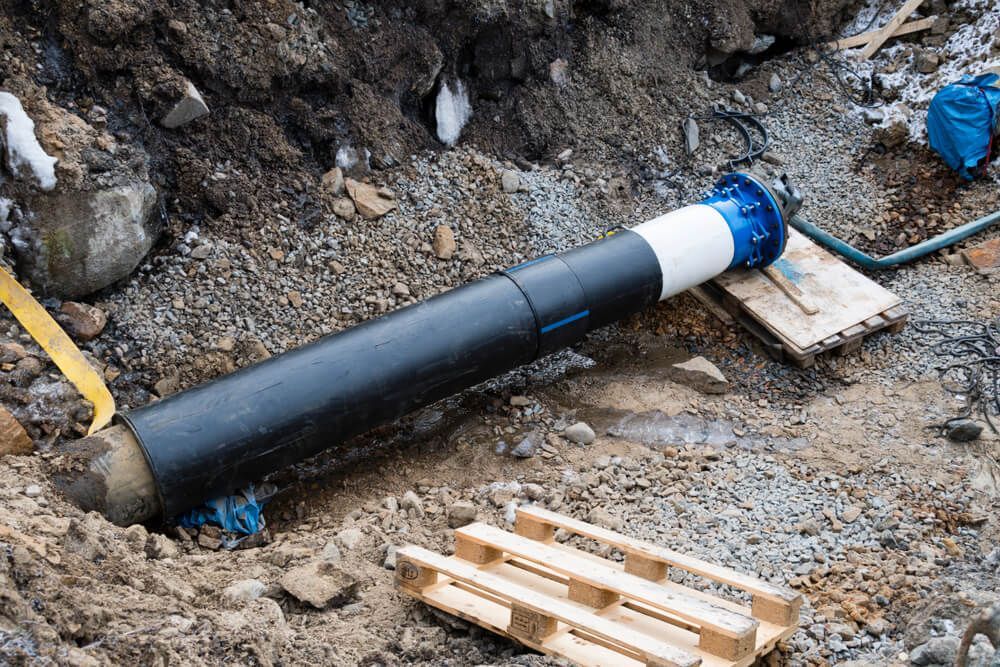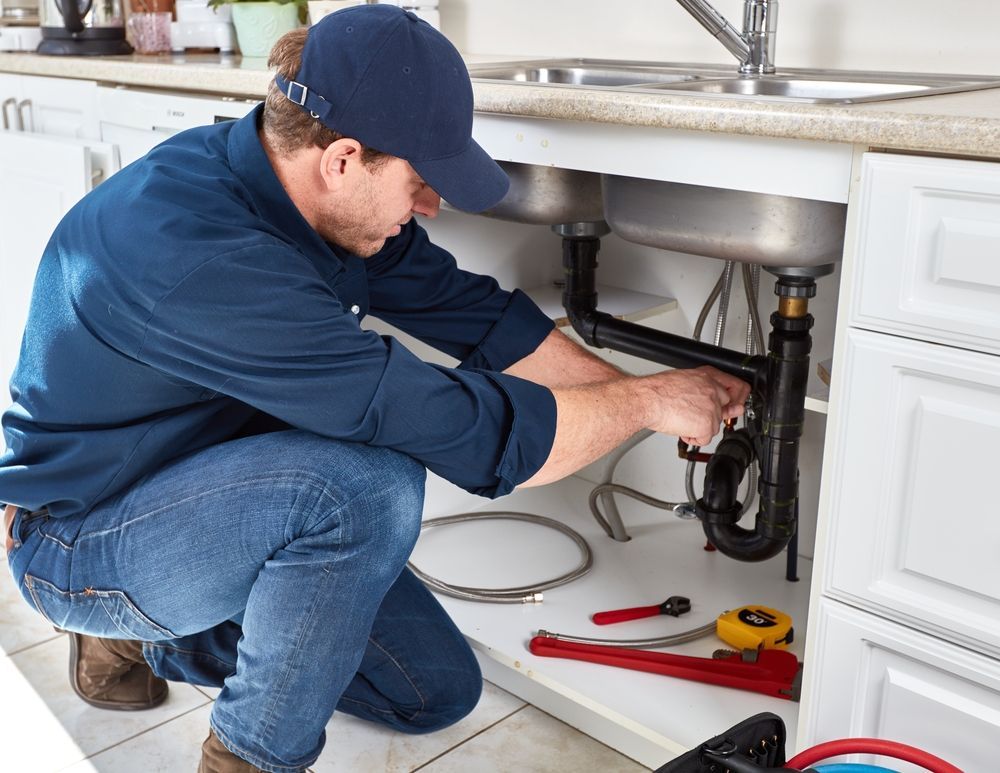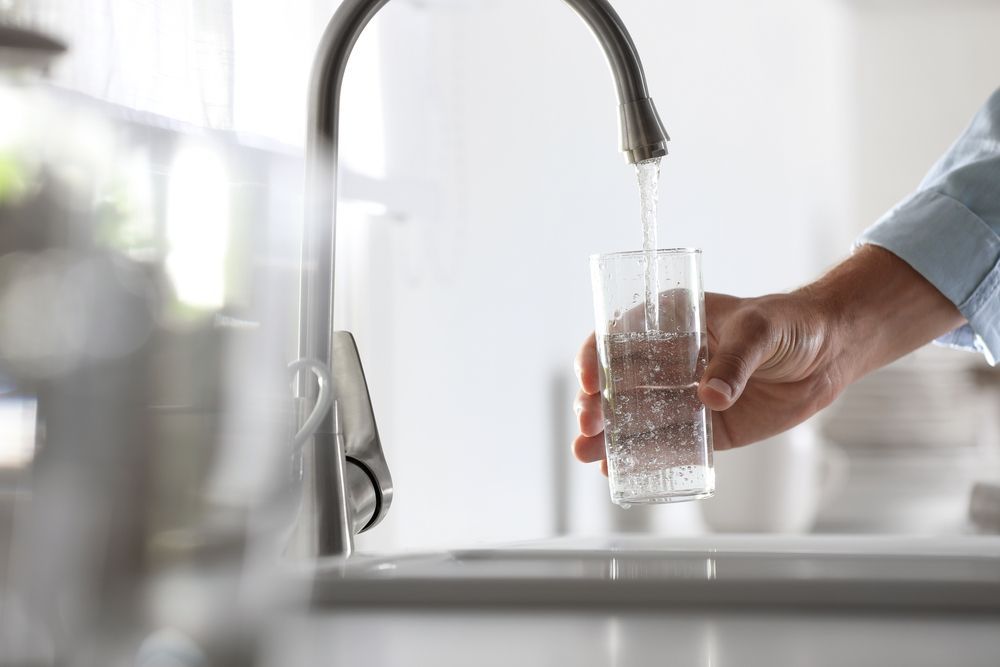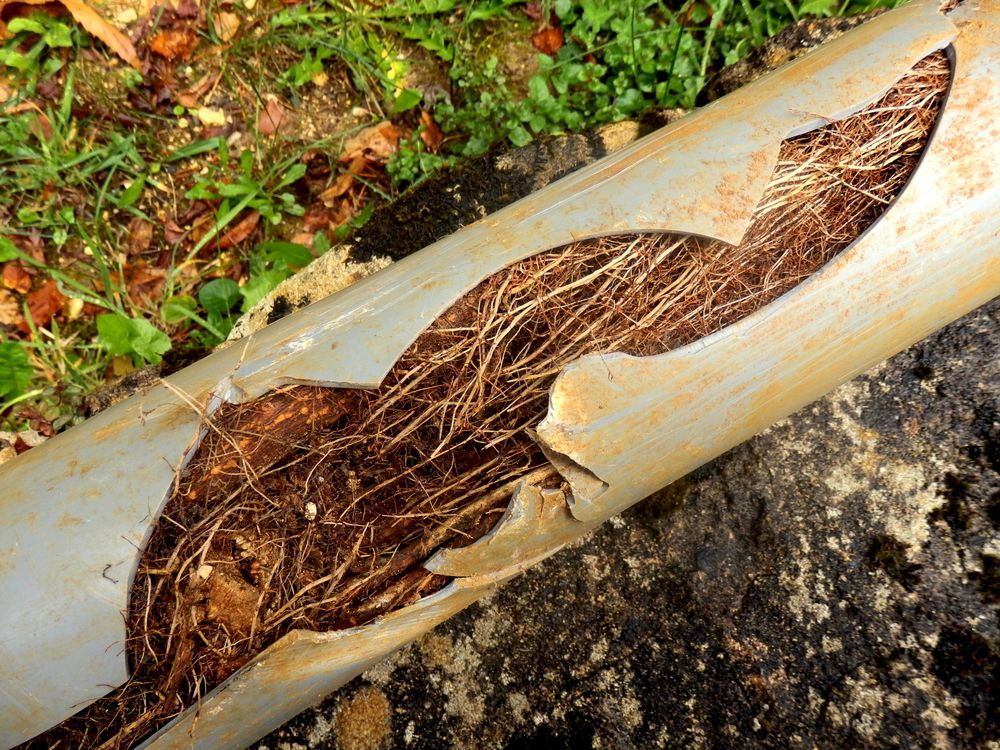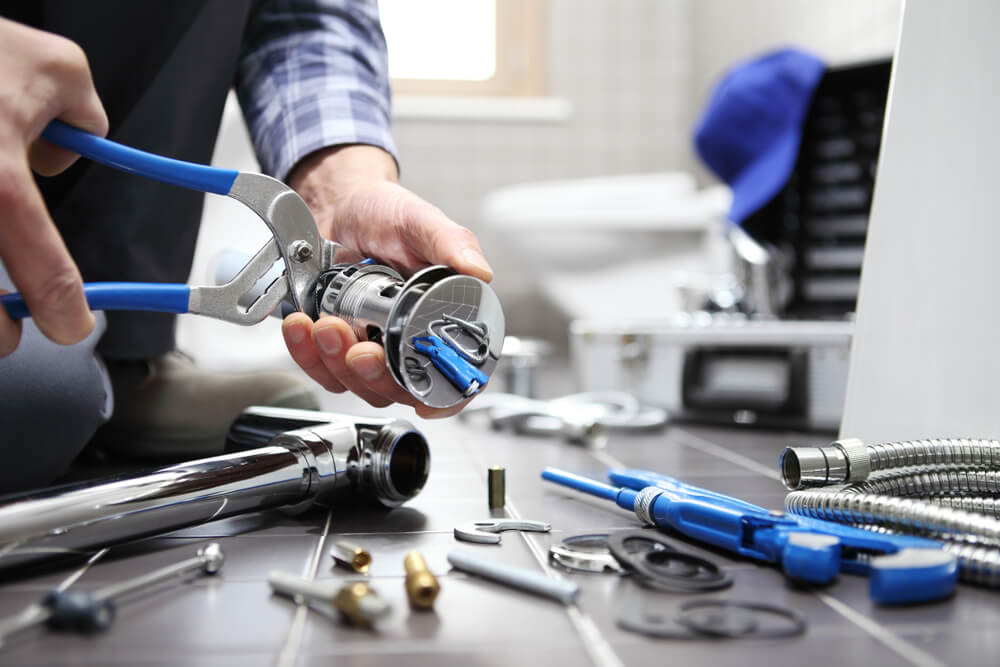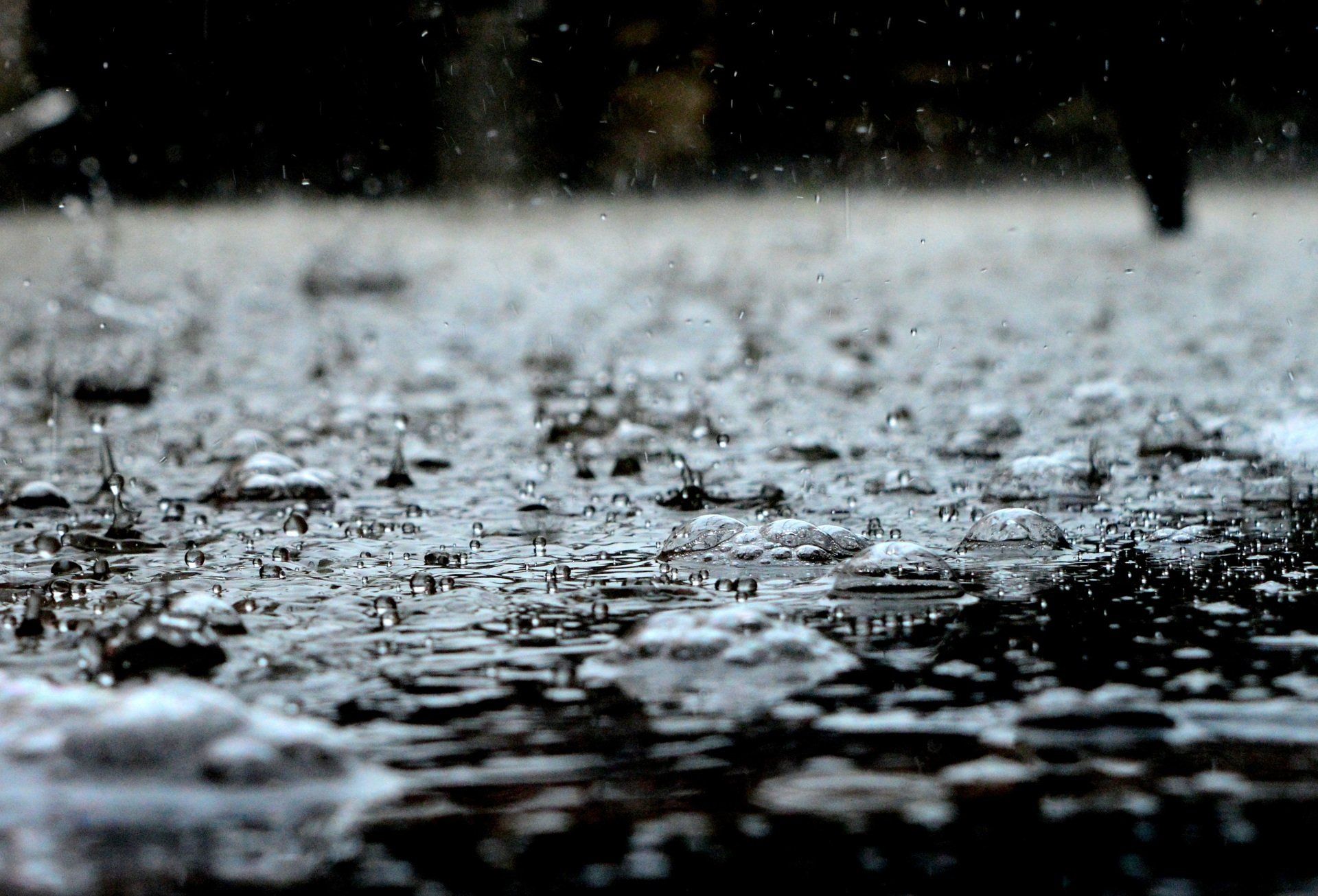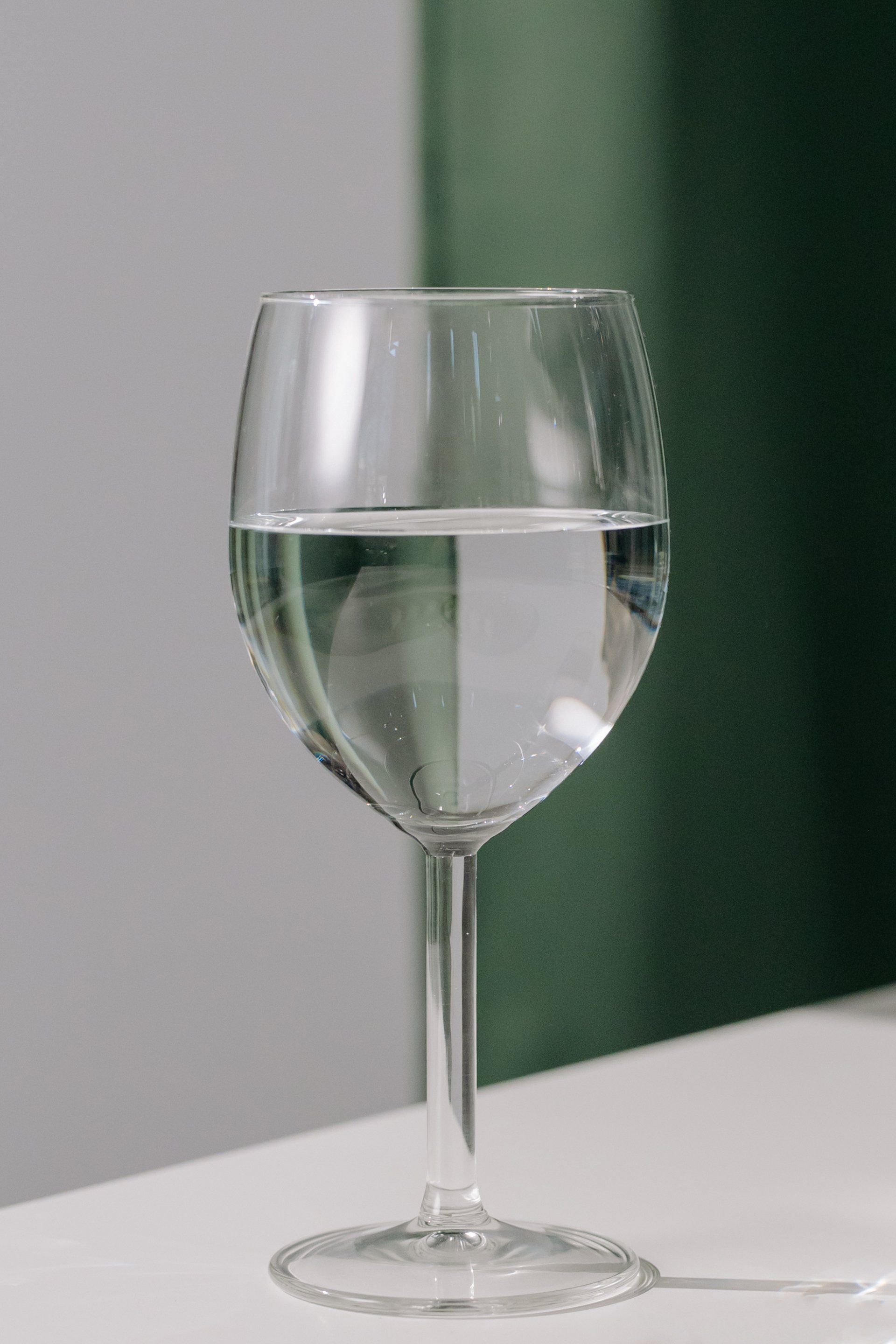How To Clear Drains In Your Sydney Property
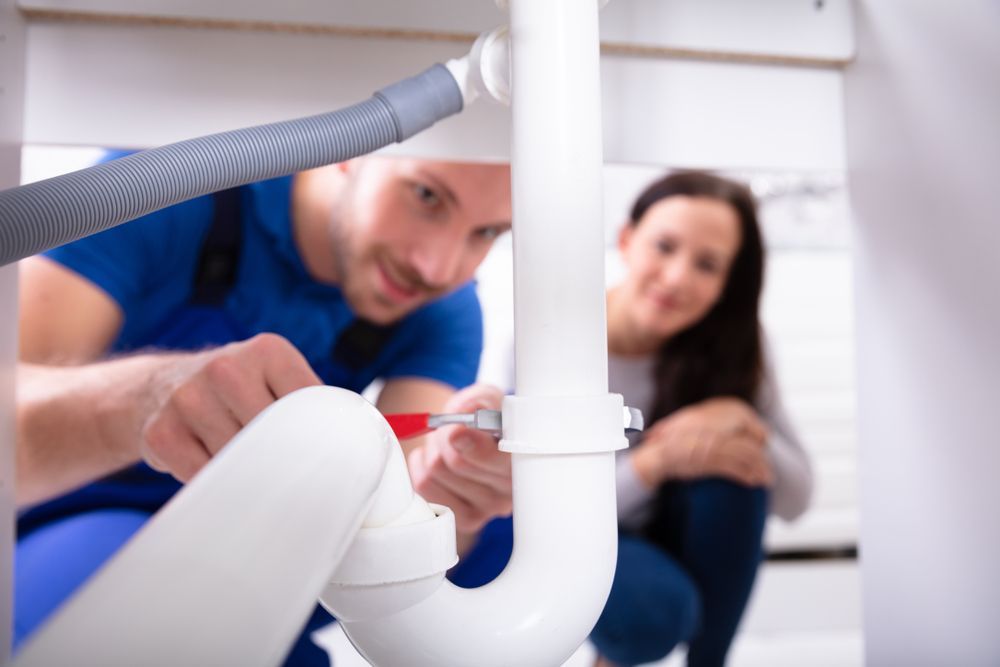
Discover why and how often you should undertake drain cleaning at home
Cleaning drains is not the most pleasant job in the world, but it sure can save you a lot of hassle and cost. That little bit of elbow grease every now and then is worth it in the long run, trust us!
Drains are some of the most important fixtures in household plumbing. They provide access to fresh water in key parts of the home and remove wastewater from sinks, showers, toilets, and other fixtures. It only takes one clogged drain to appreciate their invaluable function.
In this article, our Pav Plumbing experts look at how often you should clean your drains, how you can help maintain quality drains throughout the home, and what cleaning methods you can use to keep everything in tip-top shape.
Call Our Expert Drain Plumbers
Today 1300 479 100
How Often to Clean Drains In Your Sydney Home
We recommend a professional clean from a fully qualified blocked drain plumber every year. A thorough service such as this can prevent drain blockages, extend the life of your plumbing, eliminate the build-up of unpleasant odours, maintain good hygiene, and ensure you avoid costly emergency plumbing. Importantly, this includes checking your underground pipes for potential tree root blockages.
In addition, we recommend you undertake monthly quality checks to ensure no nasty surprises.
Best Ways to Clean Pipes
OK, now that we know how often you should clear pipes in your home, let’s look at how to do so. It’s important not to cause any damage, so never be too aggressive or use abrasive tools.
✔ Use a drain plunger
You can find different plungers for various fixtures in all good hardware stores. It’s a great idea to keep one handy and within reach in the bathroom, laundry, and kitchen. If your toilet doesn’t empty correctly, try a flanged plumber. On the first day of every month, simply apply the plunger to the drain opening and compress several times. You may find some debris coming to the surface—just discard it in the rubbish bin.
✔ Use a drain auger
Also called a drain plumbing snake, you can run this down pipes to catch and remove obstructing materials. You can also use this device to help break up the offending item so it can easily pass through the drains.
✔ Use baking soda and vinegar
There’s a lot to be said about the old-fashioned ways! Pour a cup of baking soda down your pipes, followed by a cup of everyday white vinegar. You may also want to chase this down with a cup of boiling water. This is a great way to keep pipes healthy and eliminate unwanted odours.
Ways You Can Prevent Drain Blockage
If you don’t enjoy cleaning drains, try to prevent blockages in the first place. You can do this by being mindful of what is going down your pipes. Here are some common culprits:
Kitchen Sink
Your sink can often become a second rubbish bin without you even realising it. Food scraps, oils, and other waste can make it down that pipe faster than you can pour milk over your cornflakes. To avoid this problem and maintain great kitchen hygiene, we recommend a sink strainer and even an InSinkerator.
Bathroom Sink, Toilet and Shower
You’d be surprised what our Sydney plumbers find in blocked drains. Everything from sanitary items, kids' toys, nappies, condoms, toothbrushes and more have been known to cause blocked toilets. Hair, soap scum, oil build-up from minerals or beauty products, and debris such as sand can result in a blocked shower drain.
Laundry Sink
Lint, soap scum, mud and debris from dirty clothes, foreign objects such as buttons or coins in pockets, and mineral buildup can all wreak havoc on laundry pipes.
Contact Our Sydney Drain Cleaning Plumbers
We hope this has helped you understand why and how to clear drains in your Sydney home. If it’s time to give your household pipes a professional once-over, call the local plumbing experts at Pav Plumbers. We’re here to clean all pipes throughout your home thoroughly. We’re also available 24/7 for emergency blockages, so don’t hesitate to reach out.
Pav Plumbing
Our team of licensed and experienced plumbers are ready to help with any plumbing needs you have. Call now for fast and professional service. Serving Sydney and surrounding suburbs.

